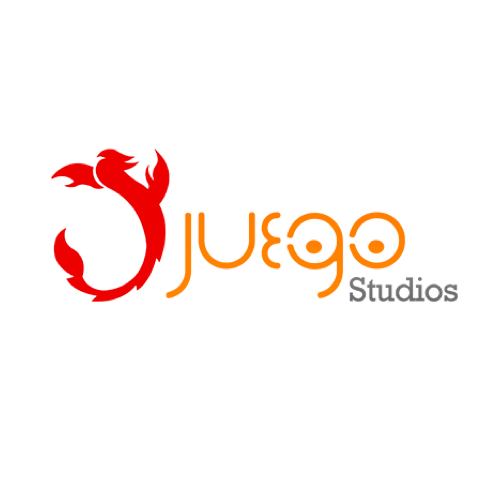1. Use Detailed Technical Tests
Using detailed technical tests is an essential best practice when hiring Unity developers. These tests can help assess a candidate’s proficiency in Unity-specific programming practices, problem-solving skills, and overall technical abilities. By administering a Unity skills test immediately after a developer applies for a position, you can objectively review their skills and determine their suitability for the role
2. Focus on Specific Unity Skills
When hiring Unity developers, it’s crucial to focus on specific Unity skills. This includes experience with the Unity engine, strong C# object-oriented programming skills, a good understanding of game design principles, experience working with game assets, and proficiency in profiling and optimizing game and render performance.
3. Check Compatibility with Tools and Platforms
Ensuring compatibility with various tools and platforms is another best practice. Unity developers should be familiar with different operating systems and platforms, such as Android, iOS, Windows, macOS, Linux, PS4, Xbox, and HTML5 gamesThis ensures that the developer can export games for various platforms and make necessary tweaks for different builds.
4. Structured Interviews
Structured interviews are a fairer, more objective, and legally sound method for conducting interviews with gaming developersBy using structured interviewing, you can ensure that you ask the same questions for every applicant, making it easier to plan, organize, and review the interviews.
5. Engage in Continuous Learning
Encouraging continuous learning is important in the tech industry, where tools and techniques are constantly evolving. By fostering a culture of continuous learning, you can ensure that your Unity developers stay up-to-date with new tools, techniques, and best practices, resulting in a more competitive team.
By following these best practices, you can ensure a more effective hiring process and build a strong team of Unity developers.
